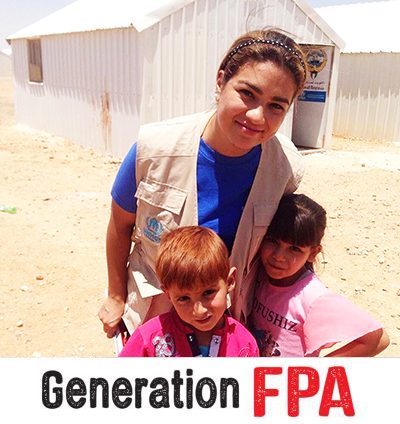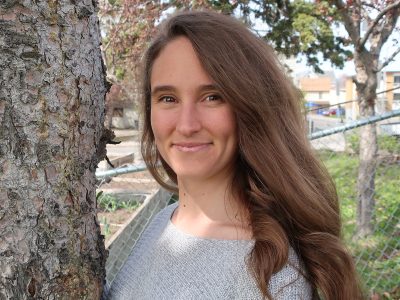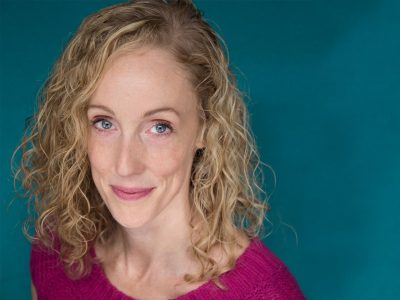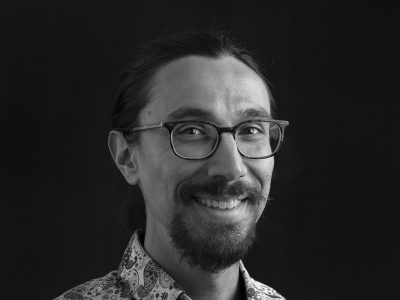This profile was part of the Faculty of Public Affairs’ Generation FPA series, which highlighted up and coming alumni who graduated between 2008-2018. The series was published in 2018.
Ayat El-Dewary is a Senior External Relations Officer for the United Nations High Commissioner for Refugees, based in the United Arab Emirates.
 What led you to pursue a degree in law?
What led you to pursue a degree in law?
I have always been outspoken and have considered myself an activist from a very young age. It absolutely pains me as a woman and a mother to know that the majority of victims of conflicts, exploitation, and abuse are women and children. As a strong advocate and defender of human rights and women’s rights in particular, I feel it is my responsibility to try to make a difference. Therefore, it only seemed fitting that I pursue a degree in law.
How did you get involved with international issues?
I have felt the need to help serve others since the age of seven when I was displaced by the first Gulf war. My parents were expats working in Kuwait at the time and we were grateful to have a country to go back to in Egypt. At the age of ten, we immigrated to Canada where I had better and more opportunities to be involved and engaged in such issues.
How did you end up in your current position?
Working for the United Nations Refugee Agency (also known as the United Nations High Commissioner for Refugees) was a life dream and my choices of education, volunteering opportunities, extracurricular activities and work were directed towards that.
I started with an internship with the United Nations immediately after I finished graduate school and I have been with the UN family ever since. I grabbed every opportunity that I could to gain experience and exposure in the UN’s various agencies. Sometimes that meant taking on short-term contracts with no long-term employment prospects, but I knew that if I kept building my areas of expertise and network, I would be ready when a more permanent opportunity presented itself.
How has your degree helped you on the job?
My degree has helped me put everything I am doing now into perspective. My current job requires a lot of negotiation with donors and partners; fundraising; analyzing socio-economic and political contexts; and developing resource mobilization strategies while understanding the donor’s culture, perspective and way of thinking.
Furthermore, my job requires a lot of empathy and seeing life from the perspective of those we serve—a participatory approach is critical.
What advice would you offer students interested in your field?
The humanitarian field can be extremely daunting, especially if you come in direct contact with those affected by emergencies and crises. It offers a stark contrast of strength and suffering, affluence and desperation, peace and war. It’s easy to feel insignificant and lacking impact, but you must remember your cause and mission—that helping a single life makes it all worth it.
What’s next for you?
I feel that there is a lot of work to be done in the Middle East and North Africa and that I need to remain here. In the long run, I would like to exchange roles and be on the donor side. As someone who has worked in both the humanitarian and the development field, I believe I am well-positioned to advise on where international assistance is really needed and how to strategize to make it more impactful. I hope to one day become Canada’s next Minister of International Development.
Monday, June 11, 2018 in Career Paths, Department of Law and Legal Studies, GenFPA
Share: Twitter, Facebook



